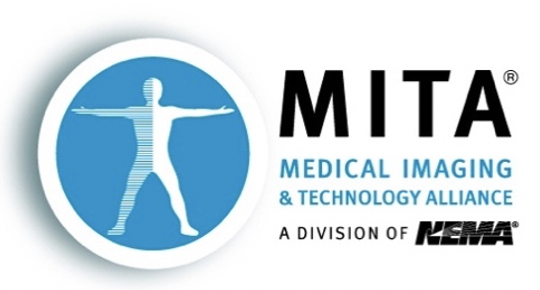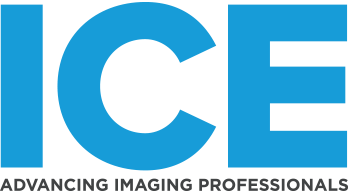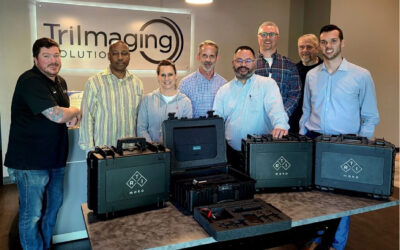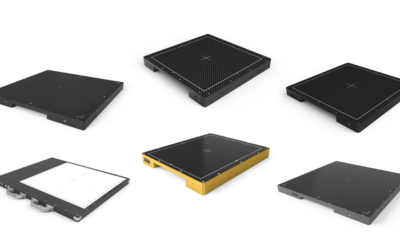
The Medical Imaging & Technology Alliance (MITA) has joined with 71 other groups to send a letter to leaders of the U.S. House of Representatives Energy & Commerce and Ways & Means Committees requesting a hearing be held to consider The Facilitating Innovative Nuclear Diagnostics (FIND) Act of 2021 (H.R. 4479).
“The FIND Act, as evidenced by this letter, is supported by a broad coalition of patient, doctor and industry stakeholders,” said Patrick Hope, executive director of MITA. “Now is the time for Congress to take the next step towards passing this legislation and evaluate this measure in a committee hearing. This policy can help to expand beneficiary access to care, improve health outcomes, create healthcare savings, and promote innovation and development in nuclear medicine.”
Innovations in nuclear medicine have allowed physicians a safe, non-invasive way to gather specific medical information that would otherwise be unavailable and help confirm a diagnosis or determine treatment efficacy. However, current Medicare payment policy restricts access to these drugs by packaging their payment the same way as other older, lower-cost radiopharmaceuticals. The result is these newer, more innovative drugs are reimbursed at a rate that doesn’t fully cover their cost. The diagnostic radiopharmaceuticals that are negatively impacted by this policy are the same drugs that can better detect prevalent and costly diseases like Alzheimer’ and Parkinson’s, breast & prostate cancer, and neuroendocrine tumors.
The FIND Act is bipartisan, bicameral, budget-neutral legislation that would direct CMS to pay separately for all diagnostic radiopharmaceuticals with a per day cost that exceeds $500 and have been FDA-approved on or after January 1, 2008. This policy will safeguard Medicare beneficiaries’ access to the most appropriate diagnostic radiopharmaceuticals and help spur continued innovations in nuclear imaging studies.
To see the letter and list of signatories, click here.








